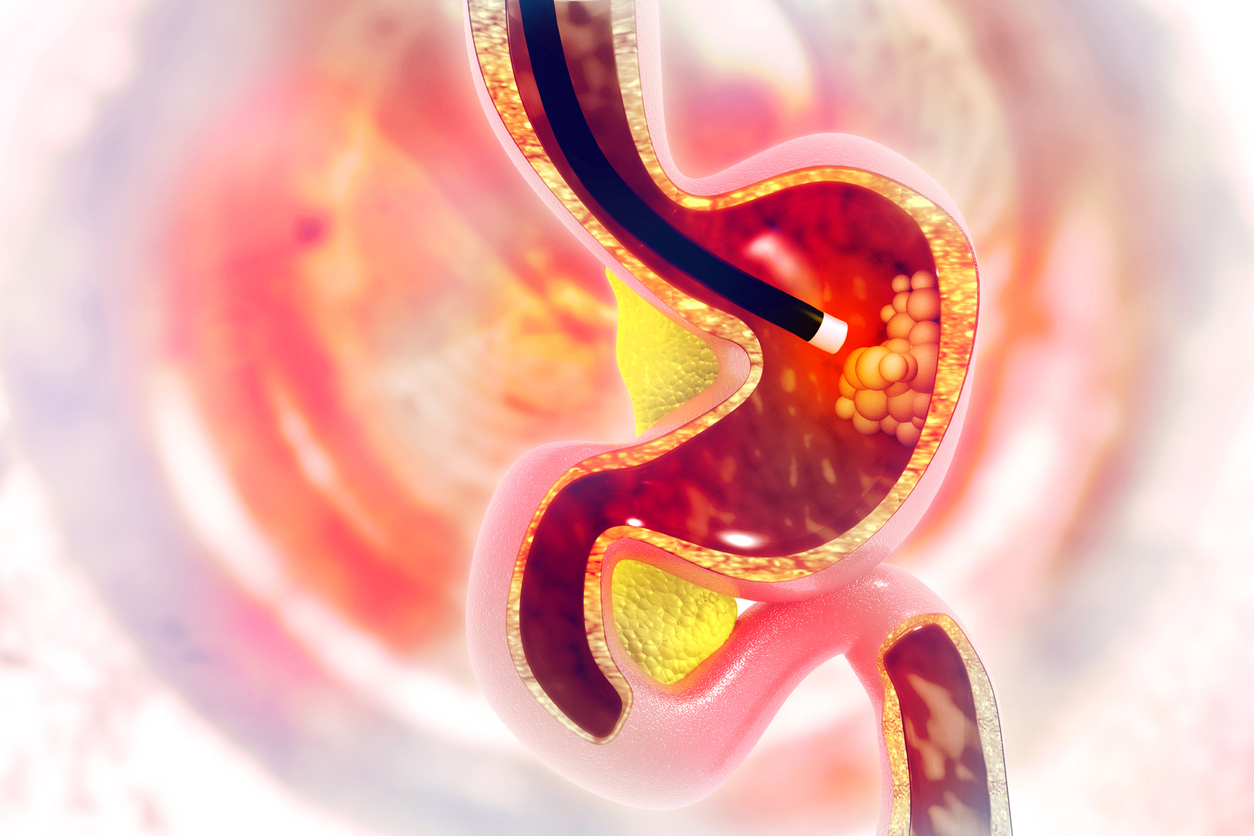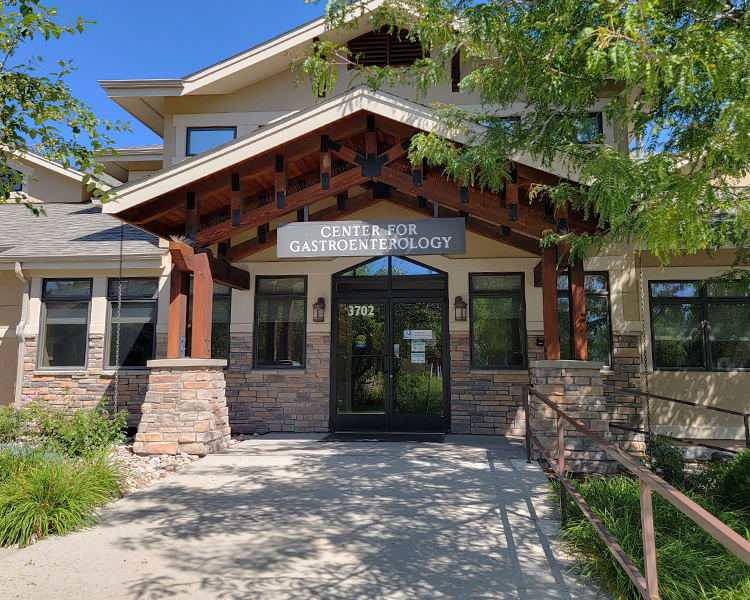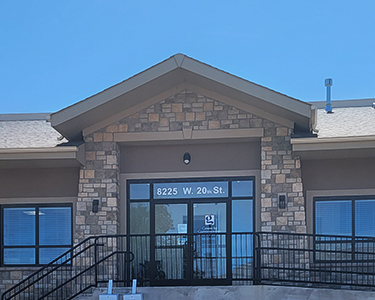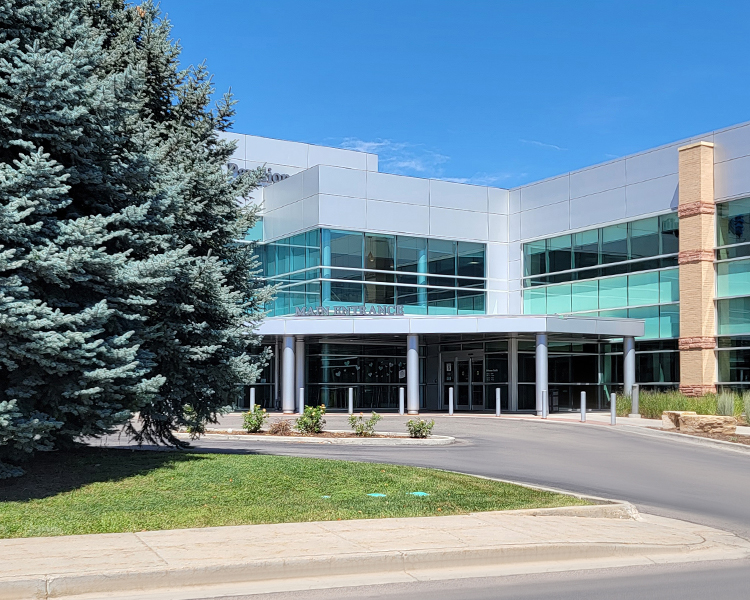Centers for Gastroenterology in Northern Colorado is proud to offer professional ERCP services to our patients. Our expert team is trained in this diagnostic technique, ensuring safe and high-quality results for patients experiencing symptoms related to the pancreas, liver, gallbladder, or bile ducts. Patients who are experiencing symptoms like unexplained and continued pain in the abdomen might benefit from an ERCP procedure to determine the cause and take the first steps toward treatment.
What is ERCP?
Endoscopic retrograde cholangiopancreatography, otherwise known as ERCP, is a diagnostic procedure designed to determine abnormalities or problems in the body, particularly in the organs surrounding the liver. It utilizes an endoscope, a lightweight, flexible tube, and X-ray techniques to examine the area. The endoscope is inserted through the throat and into the body, allowing for the internal organs to be analyzed for any issues. After this initial step, a tube will be inserted through the endoscope to administer a dye, allowing the organs to be highlighted on an X-ray machine.
An ERCP may be recommended by a member of our team to diagnose the cause of several issues. Abdominal pain and jaundice (a yellow color on the skin and eyes) are common symptoms that may prompt the use of this test. In addition, ERCP can help diagnose leakage of fluid or bile, infection, blockages, and tumors. This test is designed to produce high-quality images, allowing our team to find the root of patient discomfort to treat it.
ERCP Procedure
Before the procedure begins, you will have a consultation with an expert member of our team to determine past medical history, including the amount of x-rays you have had in the past or whether you have certain conditions, including an allergy to iodine, latex, or anesthesia. You may be asked if you are currently using certain medications, including anticoagulants, or medications that affect proper blood clotting.
You will be asked to abstain from eating and consuming liquids for several hours before the procedure and, in some cases, may receive dietary instructions for the day preceding the test. A sedative will typically be administered for an ERCP procedure to minimize discomfort.
During the procedure, a hospital gown will be given to you. You may receive a spray medication to numb the back of your throat to ensure a smooth insertion. Saliva will be removed from the mouth with a suctioning device. A mouth guard will typically be inserted to ensure that the teeth are protected. After the sedative has taken effect, the endoscope will be guided through the throat and into the body, after which X-rays will be taken.

ERCP Recovery and Aftercare
Patients will typically need to recover for some time in the office after the procedure is complete. Arrangements should be made beforehand for someone to drive you home.
It may take a short period for the gag reflex to resume functioning as normal, and throat pain is typical for a few days after the procedure. A medication may be prescribed to lower the risk of pancreatitis following the test. You should be able to resume a normal diet and typical levels of activity after you return home.
What does an endoscopy do?
What does an endoscopy do? At the Centers for Gastroenterology, there’s a lot of terminology thrown around that you may not be familiar with…
Continue ReadingContact Us Today to Schedule Your ERCP
If you are interested in learning more about ERCP, Centers for Gastroenterology in Northern Colorado would love to help ease your mind and work with you to develop a treatment plan. Contact us today to schedule an appointment for a consultation with one of our experienced physicians.
Reviews










